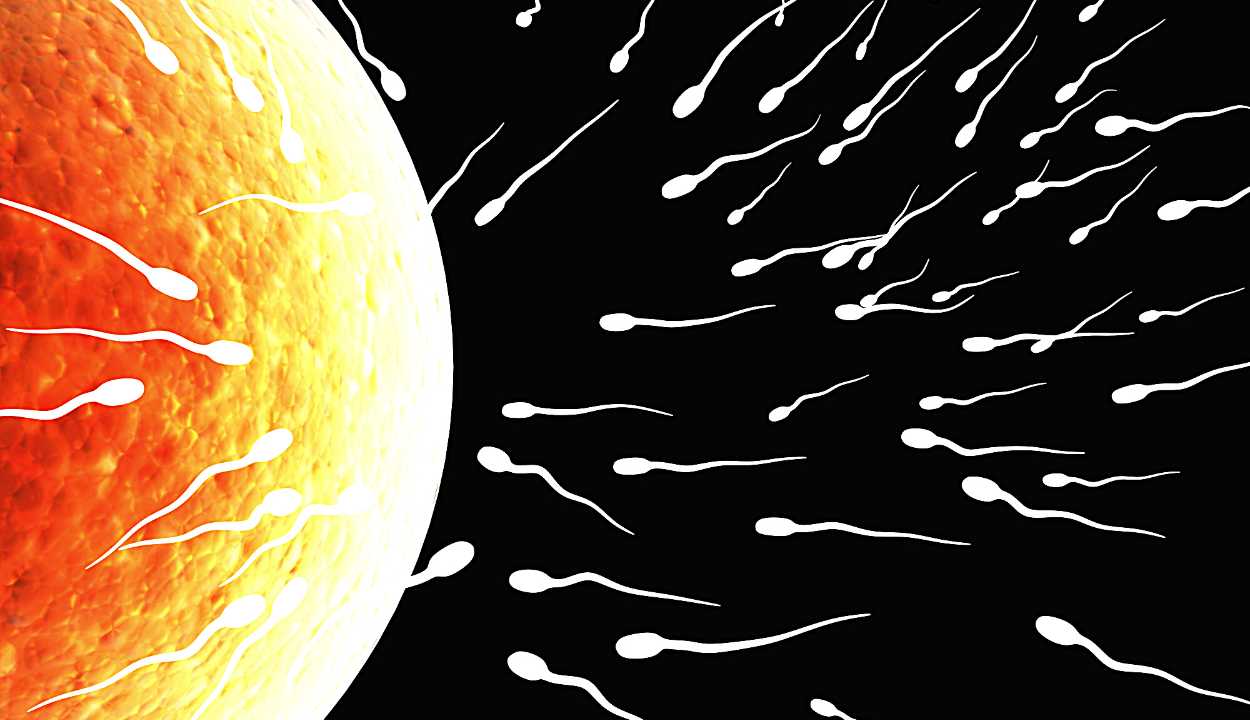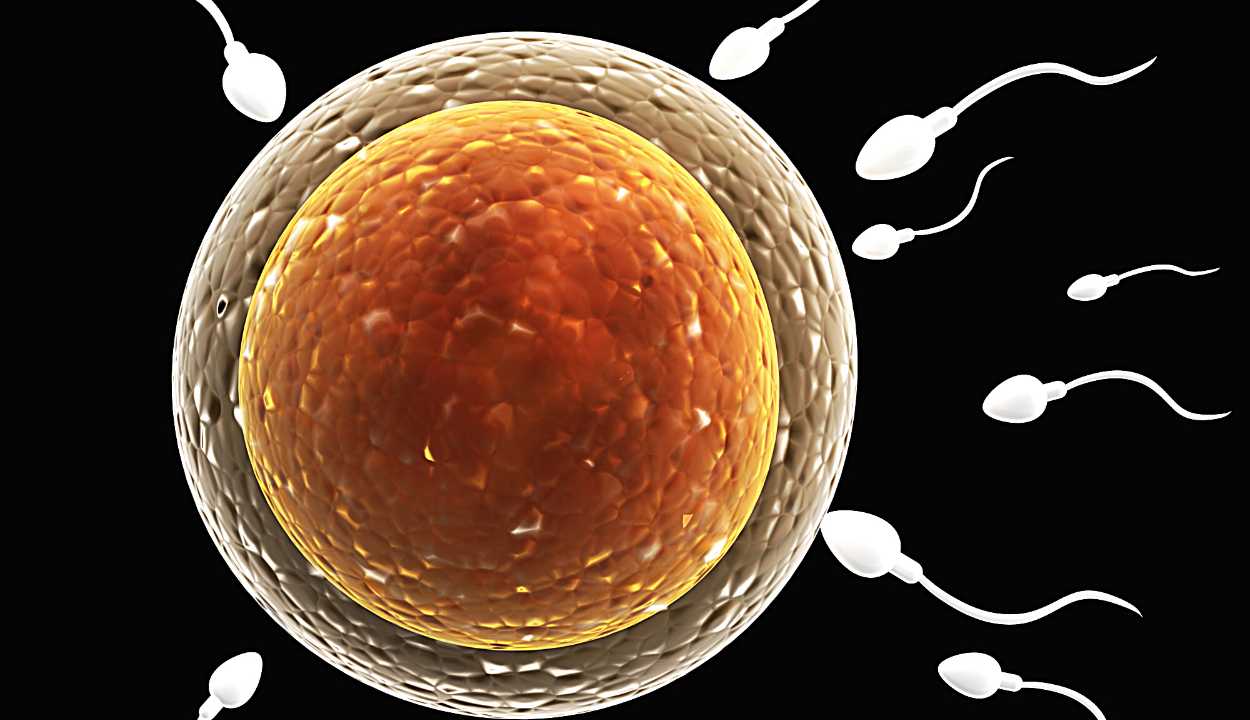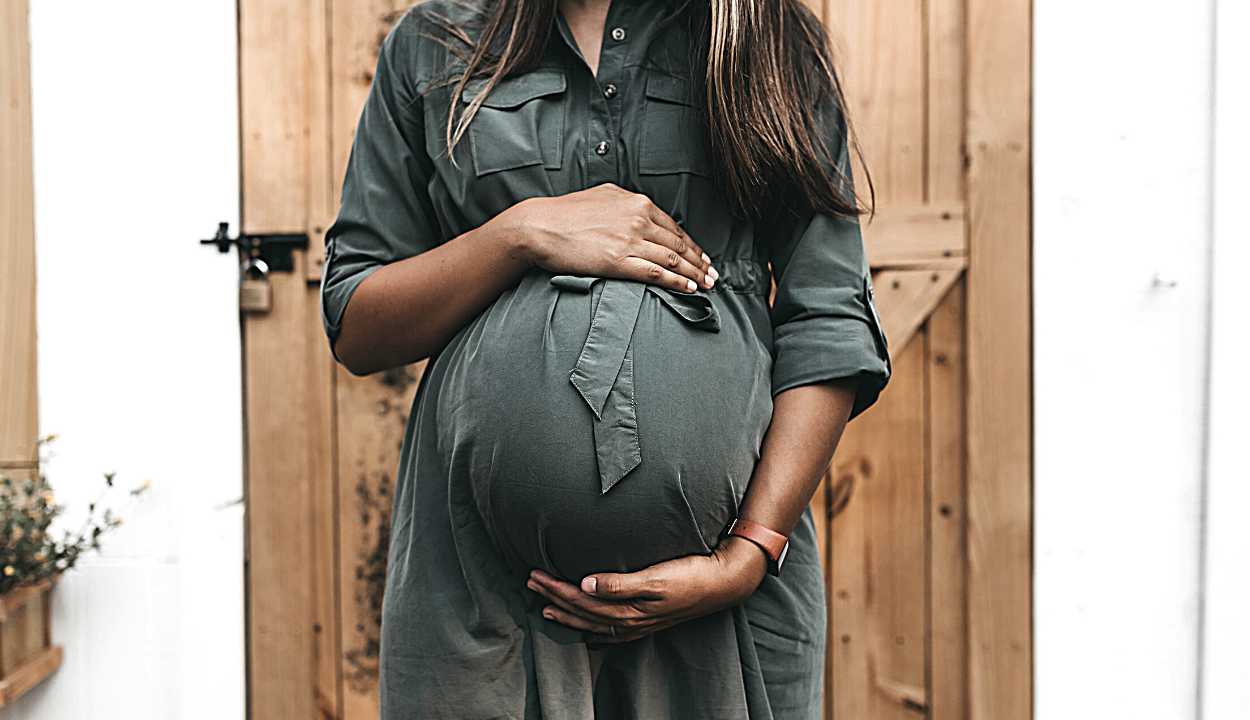If you’re struggling to get pregnant and want to know what is the best time to conceive, let us break it down for you. Peak ovulation is a concept that most females are unaware of; interestingly, peak ovulation is the best time when sexual intercourse results in conceiving.
This blog post will help you understand the thorough concept of peak ovulation and how it helps maximize your chances of getting pregnant.
What is Ovulation?

Ovulation is a naturally occurring phenomenon in females in which a mature egg is released from the ovary. If the sperm fertilize the discharged egg, it proceeds toward the uterus, where it nourishes, resulting in pregnancy. If the egg is not fertilized, it results in the shedding of the uterine lining, leading to a new menstrual cycle.
During ovulation, when the egg is matured, a hormone called Luteinizing hormone is released that plays a vital role in releasing the egg from the ovary. Ovulation occurs 14 days after the production of the Luteinizing hormone.
If pregnancy happens during any phase of ovulation, hormones will protect the uterine lining from shedding. Otherwise, menstrual bleeding will start. Ovulation usually occurs during the 14 days before the start of the next menstrual cycle.
What is Peak Ovulation?
Peak Ovulation is the time when a female body is the most fertile. Any sexual intercourse that occurs during this time may have a higher chance of resulting in pregnancy. The duration of peak ovulation in most females is 1 to 2 days before ovulation.
The egg that is released as a result of ovulation survives for 12 to 24 hours almost. During this duration, if the egg traverses toward the fallopian tube and gets fertilized by a sperm, the conception chances increase.
If you are trying to conceive, this is the best time, as the released egg tends to get fertile by a sperm. Once the ovulation period is over, the cervical mucus gets thick, making it difficult for the sperm to enter the uterus. So, any chances to conceive during this time may result in failure.
High Fertility vs. Peak Fertility

Whether you are trying to conceive or want to track your fertility health, you need to understand your ovulation and menstrual cycle, as any irregularity that stays for too long results in various fertility disorders.
If you have researched the best chances to conceive, you might have seen a few terms, such as high fertility, peak fertility, etc., and how these affect your fertility.
Let’s take you into a quick discussion on what high fertility and peak fertility are all about and what are the differences between the two.
High fertility
High fertility is when a female body is more likely to conceive than the other days. The Luteinizing hormone level, which ensures an egg’s release and controls the menstrual cycle, increases before ovulation.
Similarly, the progesterone level increases, and these hormonal changes prepare a female body to conceive. This type of hormonal change occurs during the 14 days of your cycle.
High fertility occurs 5 days before ovulation, and during this time, if you have unprotected sex, there are high chances of successful conception.
Peak fertility
Peak fertility occurs a day before ovulation and the day when ovulation occurs. The peak fertility days are most likely to result in conception, so any unprotected sexual intercourse during these days directly results in the highest chances of conceiving.
High fertility and peak fertility both result in increased pregnancy chances. The significant difference between the two is that high fertility occurs before the surge in the Luteinizing hormone, while peak fertility occurs when the LH surge has begun.
READ MORE: Secondary Infertility: What Is It And Why Does It Happen?
When Should I Visit a Fertility Specialist?

Even after having unprotected intercourse during the peak and high fertility days, if you fail to conceive, this is the time to consult your fertility specialist.
If you struggle to conceive in any of the below-mentioned cases, do not take it lightly and consult a doctor.
- An entire year of unprotected intercourse if you are under 35.
- Unprotected intercourse for 6 months if you are 35 or above.
- If you have a specific fertility-related disorder.
If you’re unable to conceive, you may have some infertility issues. Here are signs of female infertility & best infertility treatment options!
Frequently Asked Questions (FAQs)
For how long can a sperm survive in the female reproductive tract?
Sperm can survive in the female reproductive tract for almost 3 to 5 days.
What is a fertile window?
The fertile window is the duration within the menstrual cycle in which a female has more chances to get pregnant during unprotected intercourse.
When does a female reach her peak fertility age?
According to a study, the age at which a female reaches her peak fertility rate when she is 22 years of age.
When does ovulation occur?
Ovulation occurs on day 14, usually between the two menstrual phases and 3 days after the surge in the Luteinizing hormone.
What is the sign that a female is not ovulating?
A normal menstrual cycle ranges from 20 to 35 days. If your cycle exceeds 35 days, there is a high chance of not ovulating.
When is a woman most fertile?
Women are most fertile on the day before ovulation and the day of ovulation.
What are the reasons why a female is not ovulating?
A few reasons behind a woman not ovulating include PCOS, hypothyroidism, hyperprolactinemia, certain vaginal infections, and autoimmune disorders.
Final Words
If you’re trying to conceive, keeping a keen eye on your ovulation cycle is very important. Since peak ovulation is highly related to successful chances of pregnancy, any sexual activity during these days results in conceiving.
There are a few days each month in which the female body is the most fertile. If you’re struggling with conception, knowing about your maximum fertility days is vital if you’re struggling with conceptional.
Every female body is different, and so is every female cycle. Know your body first, take care of your health and fitness, and remember to consult the fertility specialist to maximize your chances.
READ MORE
8 Ways to Survive Stress in Pregnancy

Emily Smith is a talented content writer, wielding words to create captivating stories and informative articles across a wide range of topics. With a passion for effective communication and a love for research, Emily consistently produces engaging and valuable content. She’s dedicated to conveying ideas clearly and compellingly, making her a sought-after voice in the digital sphere. When not writing, Emily enjoys immersing herself in art, nature, and culinary adventures for fresh bursts of creativity.






Loading…